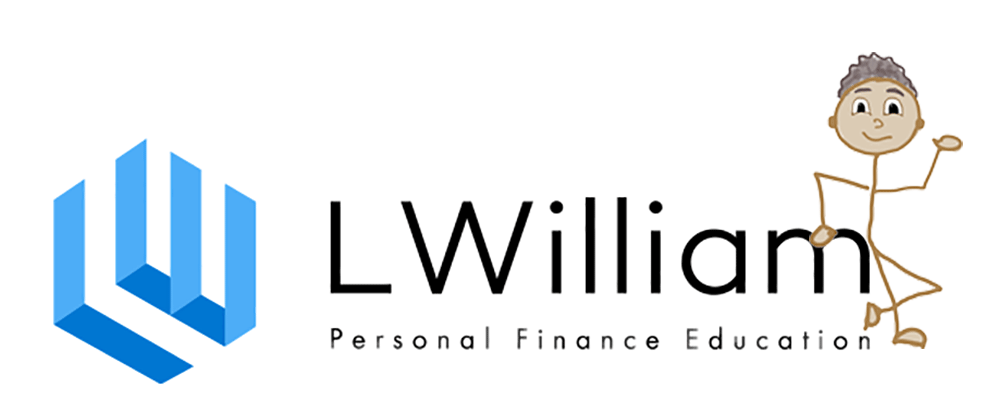Is the easiest way to pay off debt really that easy?
Here is the easiest way to pay off your debt.
List your debt in order of which one you want to pay off first, second, third, etc.
Beside each, put the current balance, interest rate, and payment amount.
Add the amount of the monthly payments and jot down the total. This is the minimum amount you will pay towards your debt each month.
Add an extra amount to the total such as $100 more or $200 more.
Apply the extra amount to the payment of the debt you want to pay off first. Continue to make the same payments on the other debt.
When the first debt is paid in full, take the payment amount plus the extra you were paying and add it to the second debt you want to pay off.
When the second debt it is paid off, apply the amount you were to the third debt.
Continue doing this until all of your debt is paid in full.
This is called Debt Snowball and it works well.
As a financial coach, I help my clients pay off debt all the time and I will tell you the steps are easy to follow in theory, but it is not easy. There is a thing called life that notoriously interrupts the plan. I can’t tell you how many clients suddenly have family emergencies, urgent household repairs, car problems, loss of job, medical or dental emergencies, a family or friend celebration to attend; the list goes on. In addition, the ever-dependable self-chatter that says “You don’t have to do this, take that extra money and join your friends for brunch today”. The self-talk quickly starts a snowball effect of a different kind. One that leads you off course and before you know it, you are back where you originally started.
Also, the technical way to get things done doesn’t work for everyone especially, if you have other financial goals but only so much income coming in. How do you get it all done?
Although being debt-free is extraordinarily exciting, one way to be successful, is to play defense. Especially, if you live paycheck to paycheck or do not have a good amount of money saved. Playing defense is planning on your plan not going according to plan. For example, if you have money saved and an emergency happens, you can hedge the cost by using your savings instead of having to incur additional debt to fix the problem. This allows you to continue moving forward with your debt pay-off plan, and avoid having to start over.
Another way is to find ways to bring in more income so you can accomplish your goals faster. Outside of getting a part-time job, you can clean out your closet and sell old clothes on sites like Poshmark.com.
What is important to consider is the mental and emotional stamina needed to meet your goal. Incorporating self-care techniques and tools that help you stay centered, balanced, and focused, as well as, motivational resources are, in my opinion, highly underrated as a necessary component of a successful financial plan.
Coach Lana

